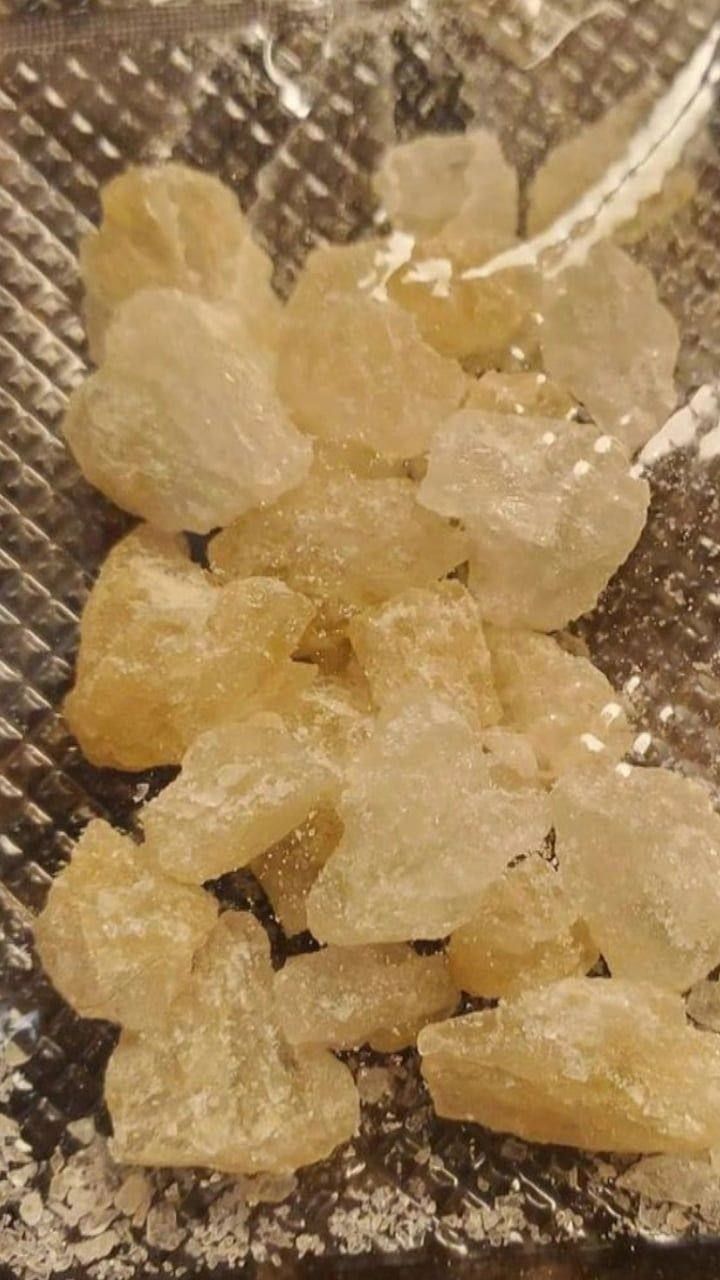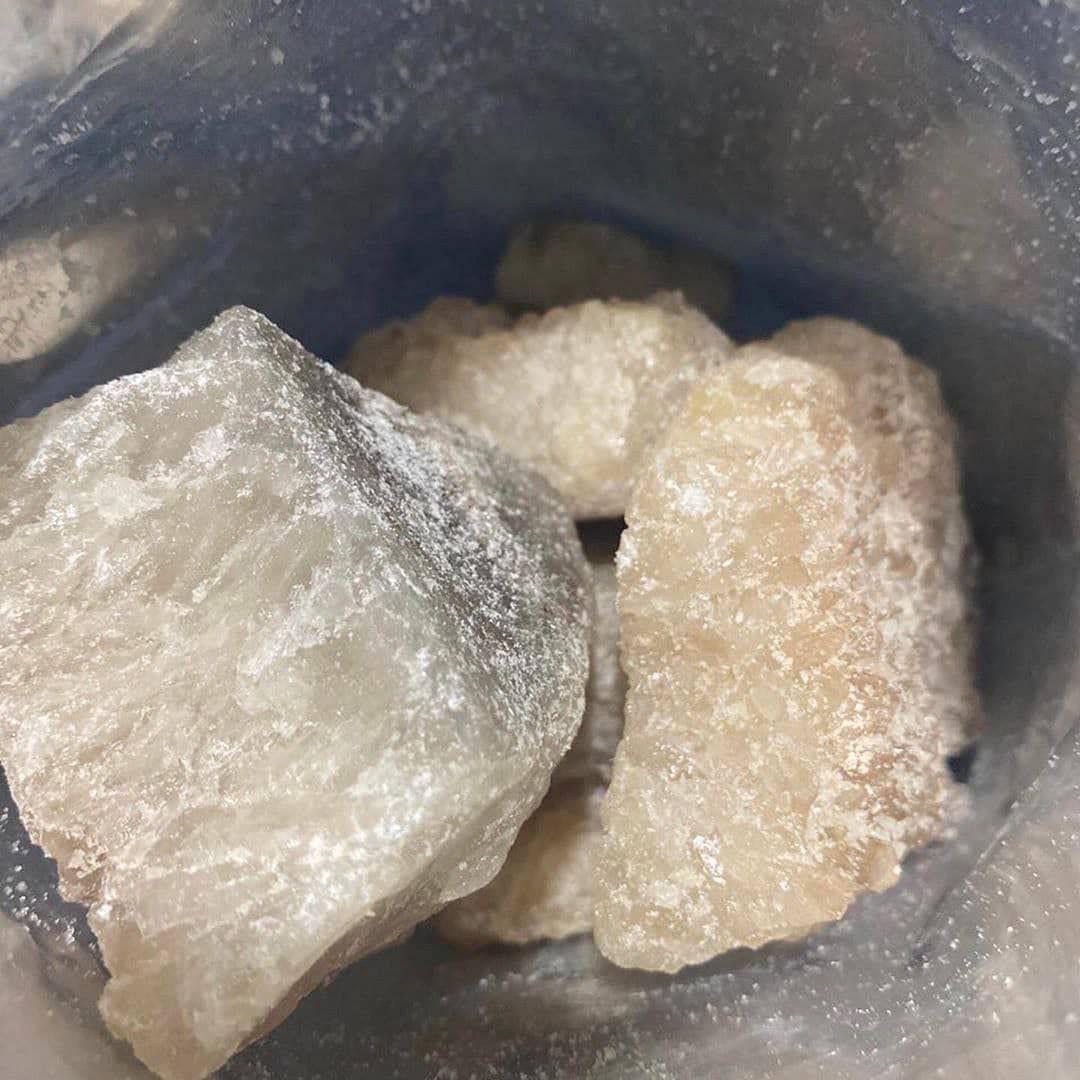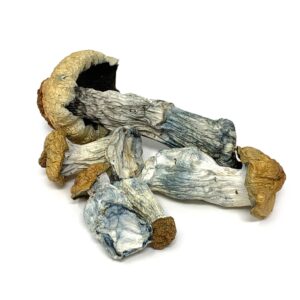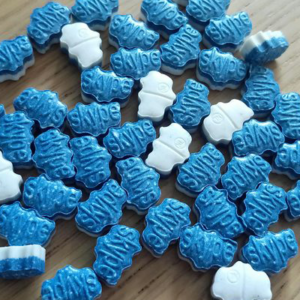MDMA CRYSTAL
Methyl
MDMA was first synthesized in 1912 bychemist Anton KöllischIt was used to enhance psychotherapy beginning in the 1970s and became popular as a street drug in the 1980sMDMA is commonly associated with dance parties, raves, and electronic dance music.
Tablets sold as ecstasy may be mixed with other substances such as ephedrine, amphetamine, and methamphetamine.
In 2016, about 21 million people between the ages of 15 and 64 used ecstasy (0.3% of the world population)
This was broadly similar to the percentage of people who use cocaine or amphetamines, but lower than for cannabis or opioids.
MDMA CRYSTAL
In the United States, as of 2017, about 7% of people have used MDMA at some point in their lives and 0.9% have used it in the last year.The lethal risk from one dose of MDMA is estimated to be from 1 death in 20,000 instances to 1 death in 50,000 instances
Short-term adverse effects include grinding of the teeth, blurred vision, sweating and a rapid heartbeat,
and extended use can also lead to addiction, memory problems, paranoia and difficulty sleeping. Deaths have been reported due to increased body temperature and dehydration. Following use, people often feel and tired, although this effect does not appear in clinical use, suggesting that it is not a direct result of MDMA administration. MDMA acts primarily by increasing the release of the neurotransmitters serotonin, dopamine and noradrenaline in parts of the brain.It belongs to the substituted amphetamine classes of drugs MDMA is structurally similar to mescaline (a psychedelic), methamphetamine (a stimulant), as well as endogenous monoamine neurotransmitters such as serotonin, norepinephrine, and dopamine.
MDMA has limited approved medical uses in a small number of countries, but is illegal in most jurisdictionsIn the United States, the Food and Drug Administration is evaluating the drug for clinical use as of 2021.Canada has allowed limited distribution of MDMA upon application to and approval by Health CanadaIn Australia, it may be prescribed in the treatment of PTSD by specifically authorised psychiatrists
Effects
In general, MDMA users report feeling the onset of subjective effects within 30 to 60 minutes of oral consumption and reaching peak effect at 75 to 120 minutes, which then plateaus for about 3.5 hours.The desired short-term psychoactive effects of MDMA have been reported to include:
- Euphoria – a sense of general well-being and happiness[
- Increased self-confidence, sociability, and perception of facilitated communication
- Entactogenic effects—increased empathy or feelings of closeness with others and onesel
The ‘ecstasy-type’ drugs MDMA, MDA and MDEA belong to
the group of synthetic compounds collectively known as
amphetamine-type stimulants. MDMA
(3,4-methylenedioxyamphetamine) is a member of the
substituted phenethylamine class of drugs. MDMA was the
original chemical in pills sold as ecstasy, along with
adulterants such as caffeine. In the last decade, however,
many other substances — both active drugs(s) and
adulterants — have been identified in so-called
ecstasy pills Production and trafficking
Production of MDMA takes place mainly in the Netherlands
and Belgium, and the predominant synthesis technique
used is reductive deamination. Chemicals essential to the
process, such as acetone or methylamine, have reportedly
been bought from countries that are not traditionally
associated with MDMA production, for example Germany,
Poland or Romania.







Reviews
There are no reviews yet.